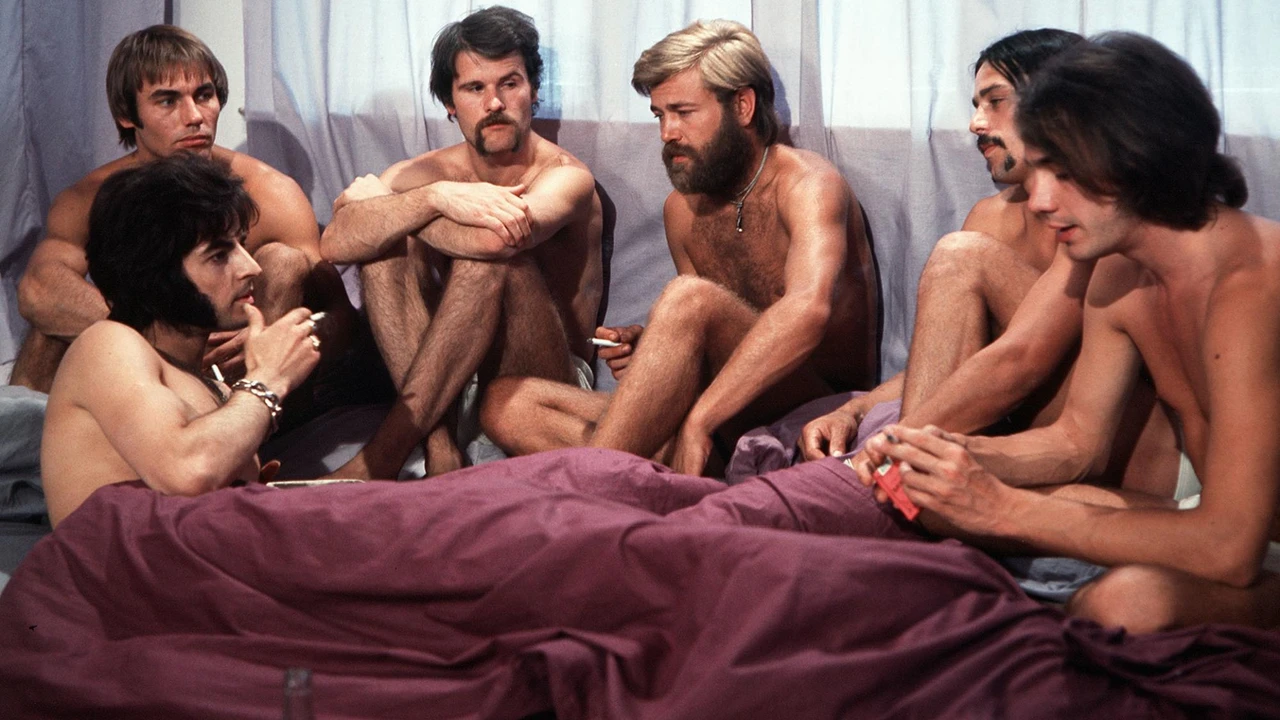8 May 2023
- 0 Comments
The Origins of Call Girls in Paris
In order to understand the evolution of call girls in Paris and their role in society, we must first delve into their origins. The concept of call girls, or more formally, courtesans, dates back to as early as the 17th century in France. During this time, courtesans were highly respected and esteemed members of society, often associated with royalty and the upper echelons of Parisian culture.
These women were not just sexual companions; they were well-educated, accomplished, and skilled in various arts, such as dancing, singing, and playing musical instruments. They were considered the embodiment of beauty, grace, and sophistication, serving as muses and confidantes for influential men of their time.
The Transition from Courtesans to Call Girls
As time progressed, the idea of the courtesan began to evolve into the modern concept of the call girl. This shift can be attributed to a variety of factors, including changes in societal attitudes, economics, and the advent of new technologies. The role of the call girl, however, remained somewhat similar to that of the courtesan, with these women still providing companionship and inspiration to their clients.
By the 19th century, the once-revered status of the courtesan began to wane, and the women who provided these services started to be viewed more as common prostitutes. This change in perception can be attributed to the increased availability of sexual services, as well as the growing influence of moral and religious movements that sought to eradicate "immoral" behavior.
Call Girls and the Belle Époque
Despite the declining status of call girls in the 19th century, they continued to play a significant role in Parisian society during the Belle Époque (1871-1914). This period, marked by peace, prosperity, and cultural advancements, saw the rise of the "grande horizontale" - the most famous and sought-after call girls of the time.
These women were often the companions of famous artists, writers, and politicians, with their beauty and charm capturing the imaginations of some of the era's most notable figures. They also played a significant role in the growing entertainment industry, with many working as actresses, dancers, and singers in Paris' vibrant cabaret scene.
The Impact of World Wars on Call Girls in Paris
The two World Wars that ravaged Europe in the first half of the 20th century had a profound impact on the lives of call girls in Paris. With many men away at war, the demand for their services decreased, leading to a decline in their overall status and influence within society. Furthermore, the harsh realities of war and the growing awareness of women's rights led many to question the morality and necessity of the call girl profession.
Despite these challenges, call girls in Paris continued to exist, albeit in a more clandestine manner. The post-war years saw the rise of a new generation of call girls, who catered to an increasingly international clientele, including wealthy businessmen and foreign dignitaries.
Call Girls in Modern Parisian Society
Today, call girls are still a part of Parisian society, though their role has shifted significantly from the days of the courtesans and the Belle Époque. The advent of the internet and the increased availability of sexual services have made it easier for call girls to advertise their services and connect with clients.
While some may argue that the modern call girl has lost the glamour and prestige once associated with the profession, others maintain that these women continue to provide companionship and inspiration to those who seek their company. In recent years, there has been a resurgence of interest in the history and legacy of call girls in Paris, with books, films, and exhibitions dedicated to exploring their fascinating story.
The Ongoing Debate Surrounding Call Girls and Prostitution
As call girls continue to be a part of Parisian society, so too does the debate surrounding their role and the broader issue of prostitution. On one hand, there are those who argue that call girls and other sex workers should be given the same rights and protections as any other profession, while on the other hand, there are those who believe that prostitution should be eradicated entirely.
In recent years, France has implemented new laws aimed at combating prostitution and human trafficking, such as the 2016 law that penalizes clients for purchasing sexual services. While these measures have been met with mixed reactions, they serve as a reminder of the ongoing conversation surrounding the role of call girls in Paris and their place in society.
